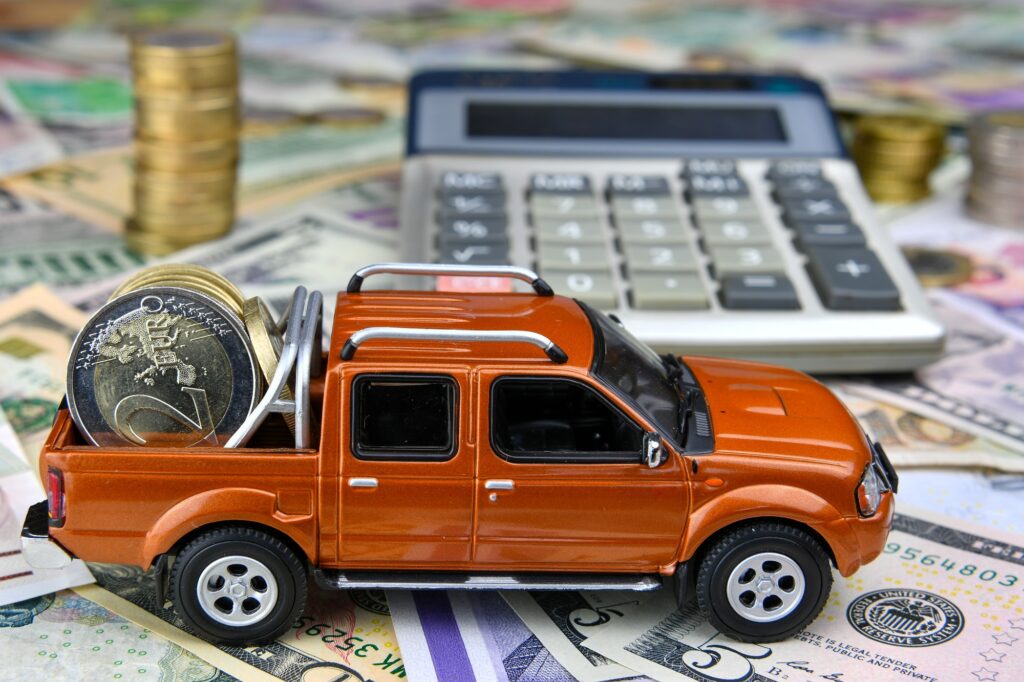Key Takeaways:
- Invoice price is what the dealer pays the manufacturer.
- MSRP (Manufacturer’s Suggested Retail Price) is the recommended selling price.
- The difference influences dealership pricing strategies and negotiations.
Introduction: Unravel the financial fabric of car buying: comparing the dealer’s invoice price with the MSRP to uncover potential savings.
What is the difference between invoice price and MSRP? The invoice price refers to the amount a dealer pays the manufacturer for a vehicle, while the Manufacturer’s Suggested Retail Price (MSRP) is the sale price recommended by the manufacturer to the dealer. The difference between these two prices can significantly affect negotiation strategies and the final purchase price, offering insight into potential savings for informed buyers.
The Manufacturer’s Suggested Retail Price (MSRP) and the Dealer Invoice Price are two critical figures in car buying. The MSRP is the price recommended by the manufacturer, often used as a starting point for negotiations. The Invoice Price, on the other hand, is what the dealer pays the manufacturer for the vehicle, though it may not reflect the dealer’s actual cost due to incentives and rebates.
Understanding the difference between these prices can help buyers negotiate more effectively. The MSRP is often higher than what you should expect to pay, especially for popular models or during sales events. The Invoice Price can provide insight into the dealer’s potential profit margin, but it’s not the lowest possible price.
When negotiating, aim for a price that’s fair for both you and the dealer. Research the fair market value of the vehicle, considering factors like demand, availability, and regional pricing differences. Online resources like Kelley Blue Book and Edmunds can provide valuable pricing information.
In summary, while the MSRP and Invoice Price are useful benchmarks, they are just part of the negotiation puzzle. A successful negotiation also considers market conditions, the car’s popularity, and the buyer’s willingness to walk away if the deal isn’t right.
Please rate this post

With over 20 years of experience in the car business, I’ve navigated the evolution of the industry from traditional sales to the dynamic digital age. My journey through various roles in both sales and management has endowed me with a unique perspective on the challenges and opportunities in automotive sales today.
As the founder of Shawn Ryder Digital, I combine my extensive background in technology with my deep understanding of the automotive industry. This synergy allows me to craft digital marketing strategies that are not just effective but tailored to the specific needs of each dealership. My commitment is to drive your sales, enhance your brand awareness, and ensure your dealership thrives in the digital landscape.
Here at Shawn Ryder Digital, we’re not just about providing services; we’re about building partnerships. As I often say, “In the fast-paced world of digital marketing, staying ahead isn’t just an option; it’s a necessity.”
Together, let’s embrace the challenges of the digital age and turn them into opportunities for growth and success. Join me in redefining the future of automotive digital marketing. Let’s accelerate your dealership’s journey to the top.
